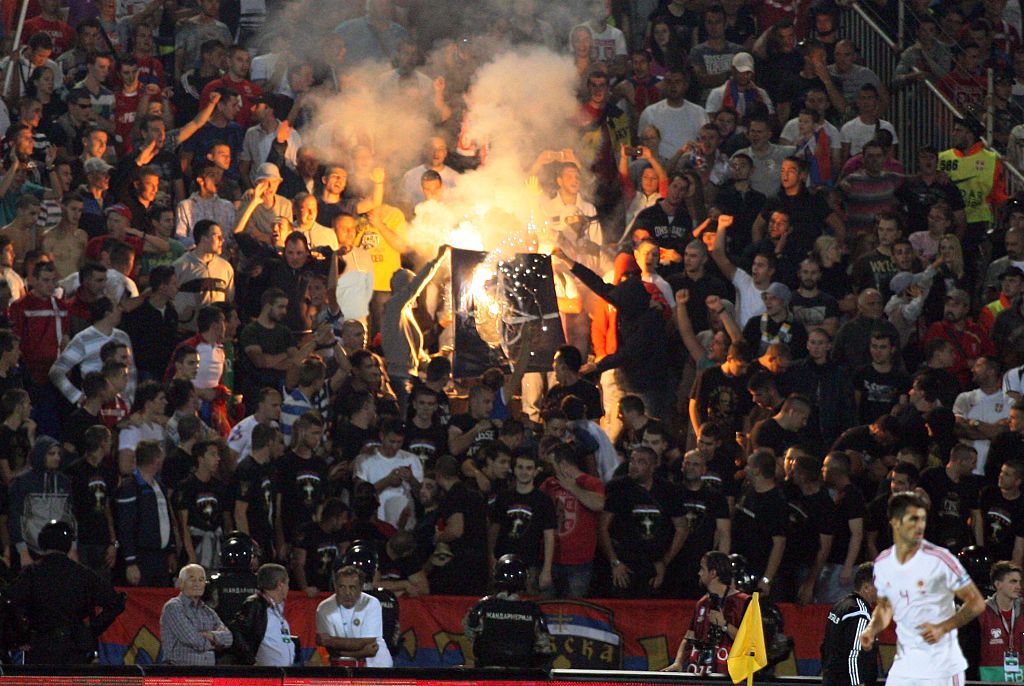The 20 most influential women in football right now
We take a look at the most influential females in football - featuring players, managers, referees, officials and more...
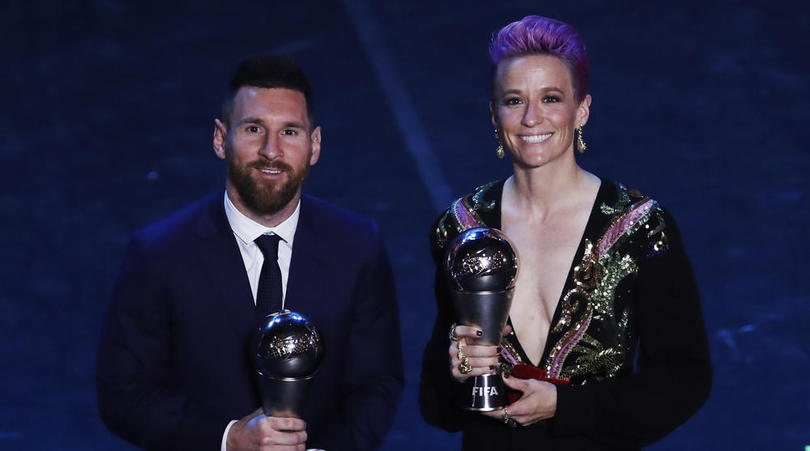
Most influential women
We take a look at the most influential females in football - featuring players, managers, referees, officials and more...
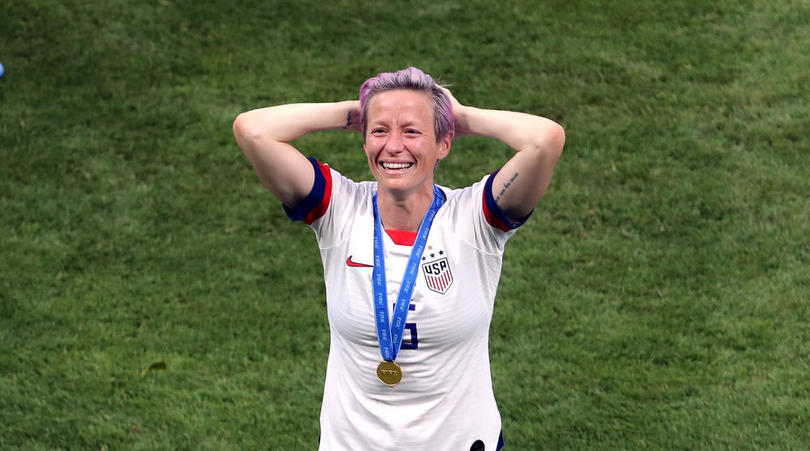
Megan Rapinoe (United States)
Now 34, Rapinoe has shown no signs of slowing down in recent times. The forward was one of the stars of this year's Women's World Cup, culminating in a player-of-the-match display in the final against the Netherlands.
Rapione has also generated headlines off the pitch as well as on it: a fierce advocate of equal pay between men and women internationals, she has also supported Colin Kaepernick's protests against social inequality and spoken out against Donald Trump.
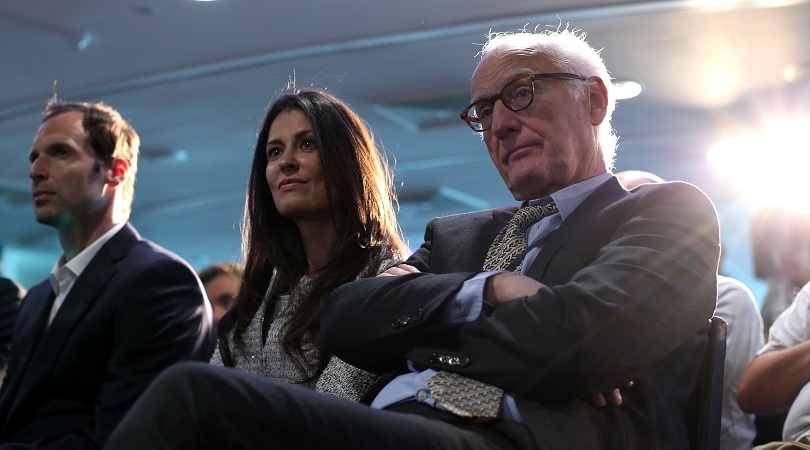
Marina Granovskaia (Russia/Canada)
Roman Abramovich's right-hand woman, Granovskaia is among the most powerful figures in English football. Tasked with the day-to-day running of Chelsea in her position as chief executive, the Russian-Canadian handles all transfers and contracts at Stamford Bridge.
Much like her boss, Granovskaia prefers to stay out of the limelight – but behind the scenes she's arguably the most important figure at one of English football's biggest clubs.
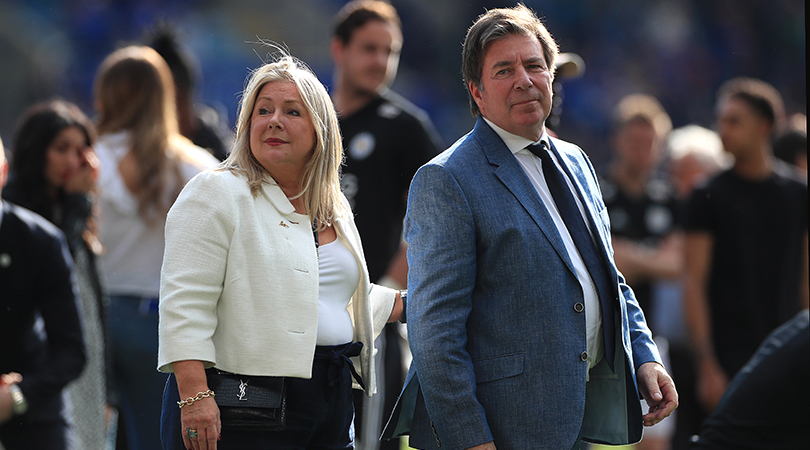
Susan Whelan (Ireland)
Whelan prefers to stay in the background, but Leicester City's chief executive deserves huge credit for her significant role in the Foxes' rise to become Premier League champions in 2016. The close associate of former owner Vichai Srivaddhanaprabha is on the board of King Power, having worked for the Thai company for two decades.
When Leicester sold Harry Maguire to Manchester United, it was Whelan – who had fostered a good working relationship with Red Devils counterpart Ed Woodward – who dealt with negotiations personally and landed her club an £80m windfall. As one Premier League exec recent told The Athletic: "Susan is certainly one of the quieter voices around the table but when she does speak, her articulately delivered views are always well-considered and listened to."
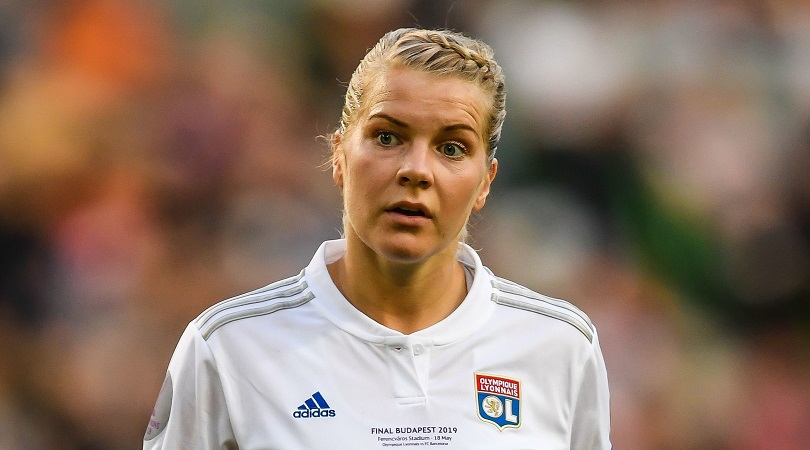
Ada Hegerberg (Norway)
The Ballon d'Or Féminin holder and winner of the presitigious BBC Women's Footballer of the Year award in 2019, Hegerberg is one of the best female footballers around. The prolific Lyon striker holds the record for the most goals (15) in a Champions League campaign.
Her influence extends beyond the pitch, too: Hegerberg made a huge personal sacrifice by boycotting this summer's World Cup as part of a two-year absence from the Norway national team. She still has some points to prove.
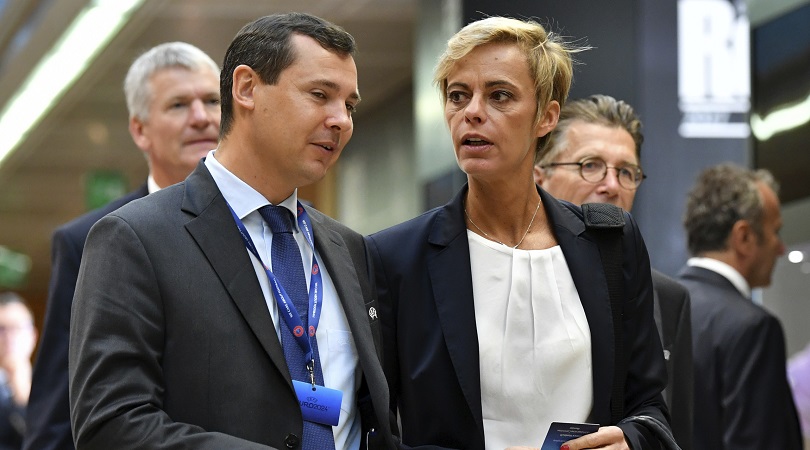
Florence Hardouin (France)
Hardouin was a member of the French fencing team in her younger years, representing her country between 1989 and 1996. Since retiring from the frontline of one sport, she's become a key figure in another.
Formerly the French Football Federation's marketing director, Hardouin now serves as the organisation's Deputy General Manager, as well as being a member of the UEFA Executive Committee.
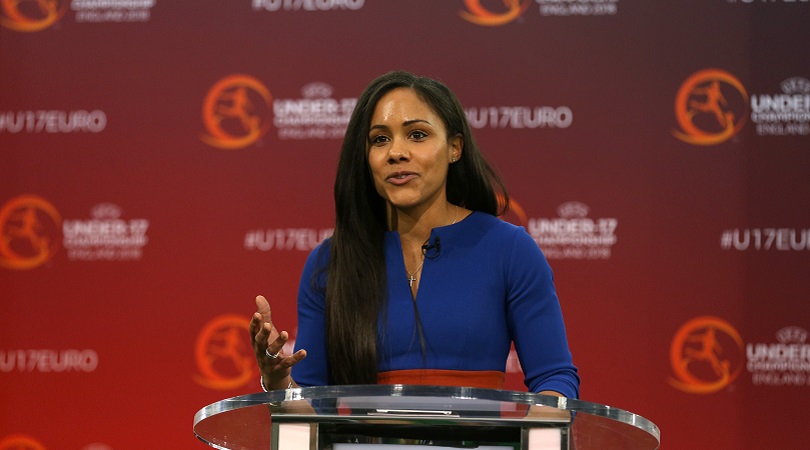
Alex Scott (England)
Capped 140 times by England during her playing days, Scott has moved into the world of punditry since hanging up her boots in 2018. She was involved in the BBC's coverage of the 2018 World Cup in Russia, has since become a regular part of the Sky Sports team and even hosted The One Show.
An intelligent, erudite speaker, Scott has excelled in her new career. She's also spoken out on the sexist abuse she's received since taking the role, and has at times had to deal with some patronising remarks from some of her colleagues.
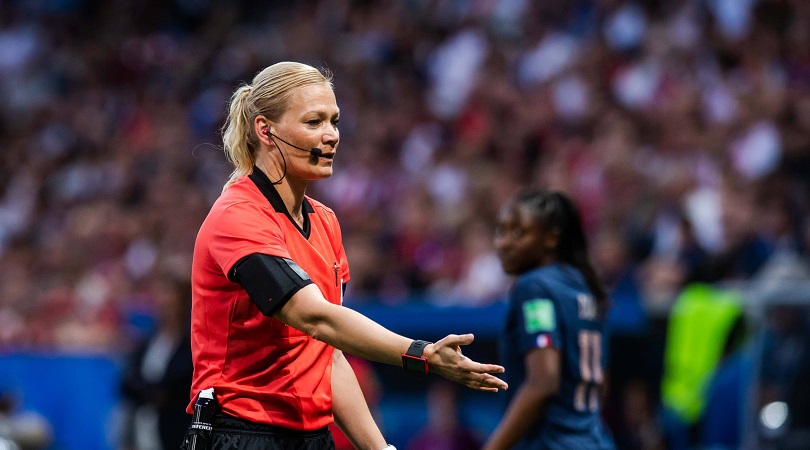
Bibiana Steinhaus (Germany)
Having taken up refereeing at the age of 15, Steinhaus has gone on to become one of the planet's best female officials. She was in charge when Japan beat the US in the 2011 World Cup Final; six years later she was handed control of the biggest club match in the women's game, refereeing the Champions League final between Lyon and PSG.
Pep Guardiola was criticised for physically confronting the German while she was serving as the fourth official in a 2014 Bundesliga encounter. She's since taking centre stage in Germany's top flight, having made her refereeing debut at that level in 2017.
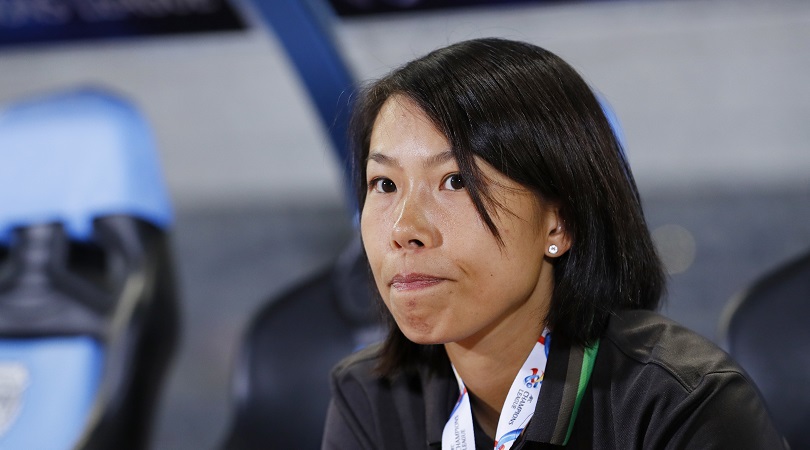
Chan Yuen Ting (Hong Kong)
Chan may currently be out of work, but she ensured her place in history by becoming the first woman to coach a men's professional top-flight team in 2016.
She was hugely successful too, winning the Hong Kong championship with Eastern and then becoming the first female to coach a men's side in a continental clash one year later.
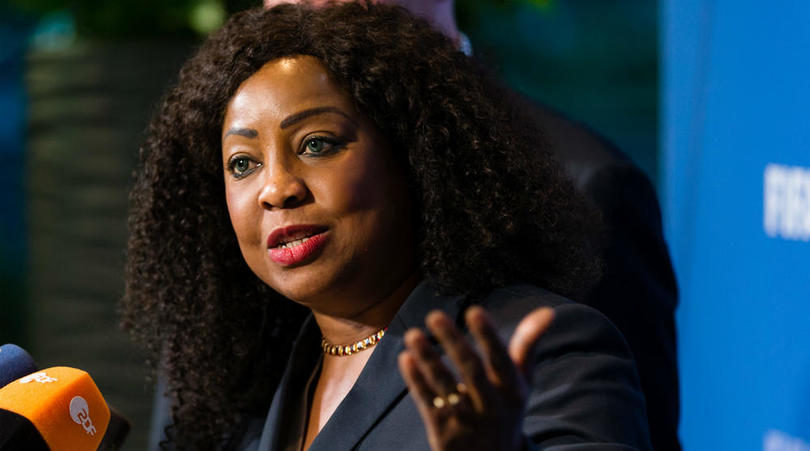
Fatma Samoura (Senegal)
After working for the United Nations for more than two decades, Samoura became a football administrator when Gianni Infantino appointed her as Secretary General of FIFA in 2016.
The Senegalese is the first woman to ever occupy that position, with her main task being to implement the decisions made by FIFA's Executive Committee.
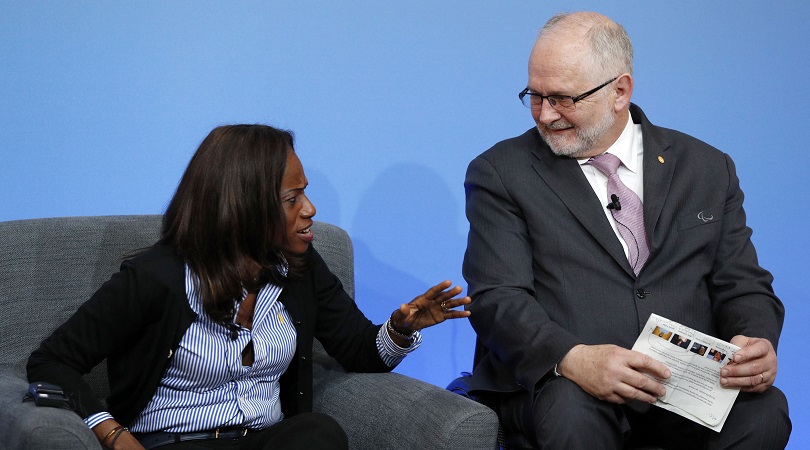
Isha Johansen (Sierra Leone)
Lydia Nsekera (Burundi), IIzetta Sombo Wesley (Liberia) and Sonia Bien-Aime (Turks and Caicos Islands) have held similar positions in the past, but Johansen is currently the only woman in the world game to head a national football association.
The Sierra Leonean is also the owner of Sierra Leone Nati, having previously founded a club called FC Johansen which provided opportunities to children whose lives had been affected by the country's civil war.
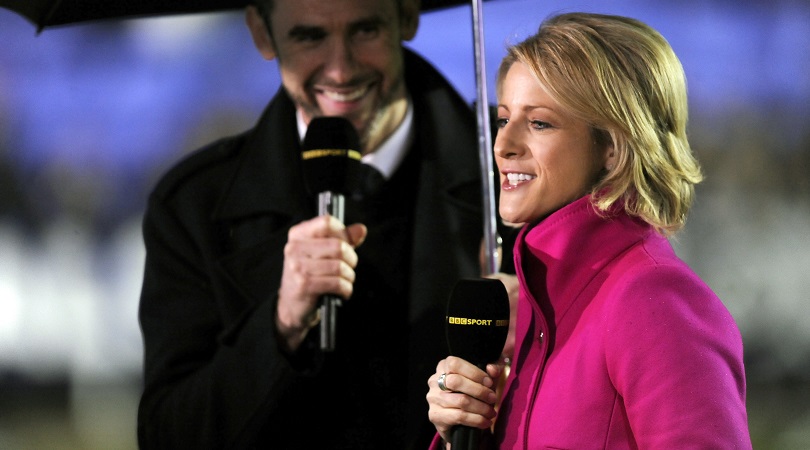
Jacqui Oatley (England)
For a long time in England, women were restricted to presenting roles when it came to football shows. In that regard Oatley was a pioneer, becoming Match of the Day's first ever female commentator in 2007.
She's since become a regular on the BBC's flagship highlights programme, and has also worked at the Women's World Cup and the Africa Cup of Nations.
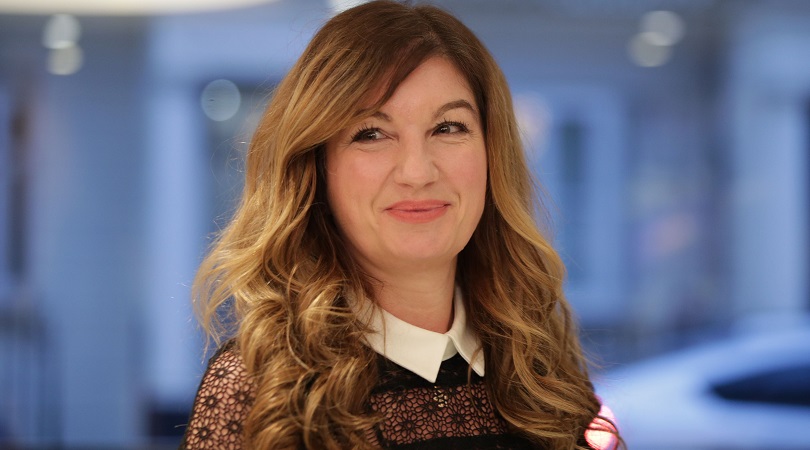
Karren Brady (England)
A politician, author, businesswoman and television personality, Brady still finds the time to serve as West Ham's vice-chairwoman.
A close associate of the club's owners, Davids Gold and Sullivan, she previously served as Birmingham's managing director – a role she began at the tender age of 23.
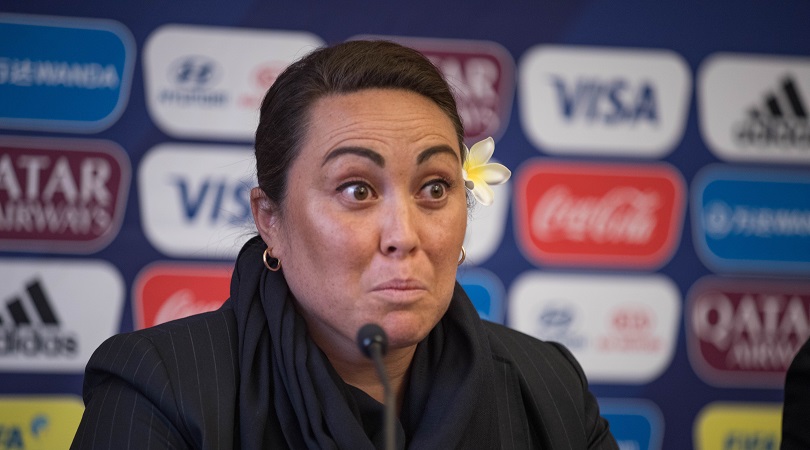
Sarai Bareman (New Zealand/Samao)
A former footballer who played for club sides in New Zealand and represented Samoa internationally, Bareman worked in finance after retiring, before returning to the sport in an administrative role.
Her first jobs came with the Football Federation of Samoa, before she became Deputy Secretary General for the Oceania Football Confederation in 2014. Bareman now serves as FIFA's Chief Women's Football Officer.
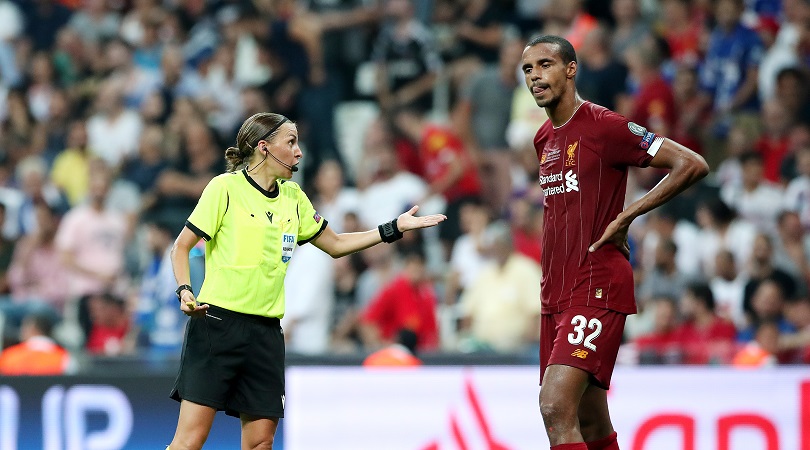
Stephanie Frappart (France)
The first female referee to take charge of a major men's European match, Frappart was widely praised for her performance in Liverpool's defeat of Chelsea in the UEFA Super Cup.
Present on the FIFA International Referees List since 2009, the Frenchwoman was also handed the whistle for the 2019 Women's World Cup final between the US and the Netherlands.
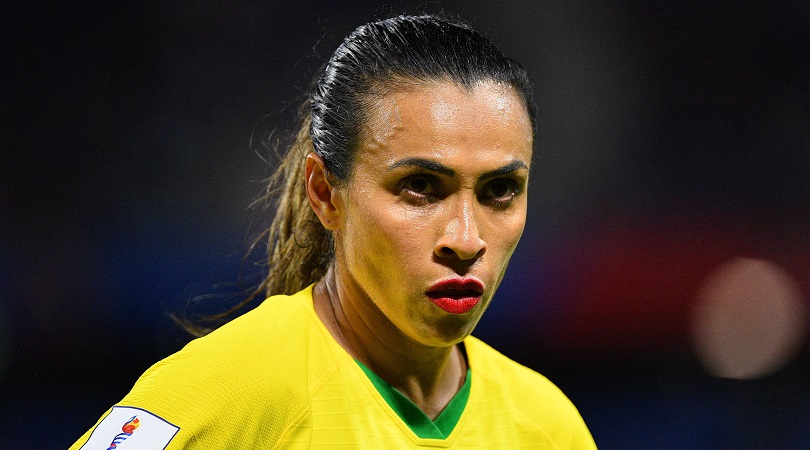
Marta (Brazil)
Widely considered the best female footballer of all time, Marta is coming towards the end of what has been a magnificent playing career. The first player of either gender to score at five World Cups, she has been named the planet's best player on no fewer than six occasions.
Marta has also done plenty to promote the women's game in her native Brazil – and further afield too. "The women's game depends on you to survive," she said in an emotional address to young Brazilian girls at this summer's World Cup. "So think about that. Value it more. Cry in the beginning so you can smile in the end."
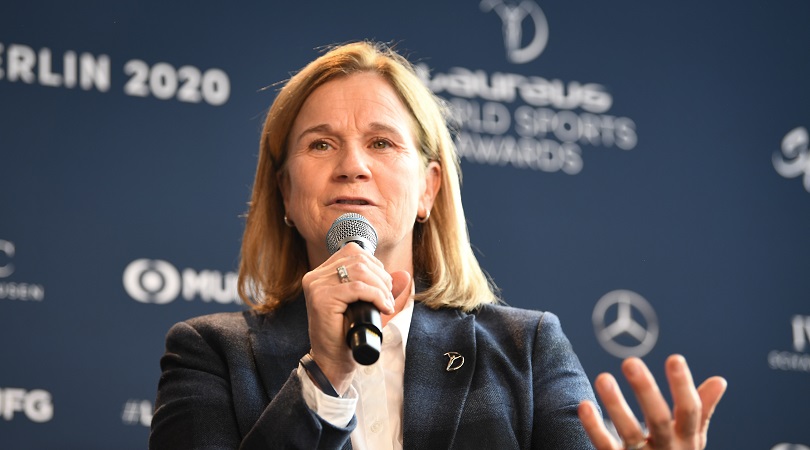
Jill Ellis (England/United States)
After winning the World Cup for a second time as United States manager last year, Ellis stepped down from a role she had held for five years. The England-born coach became only the second person to win back-to-back World Cups, having also led the US to glory in 2015.
Since vacating the dugout Ellis has taken up a position at the United States Soccer Federation, where she currently serves as the organisation's development director.
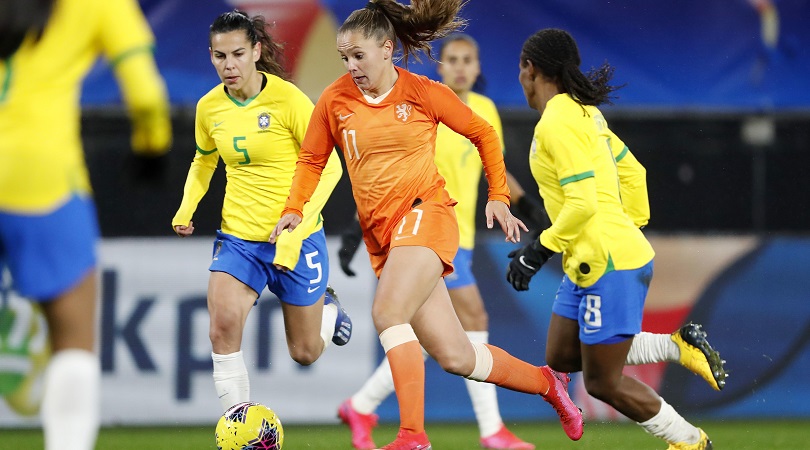
Lieke Martens (Netherlands)
Martens began the 2019 World Cup with a toe injury but still managed to exert a huge influence on her Netherlands side, who finished as runners-up after a 2-0 defeat by the United States in the final. The winger's standout moment came in the round of 16, when she scored twice to help her team beat Japan.
Widely regarded as one of the best players in the world, Martens plies her trade with Barcelona, for whom she's scored 22 goals in 52 league games so far.
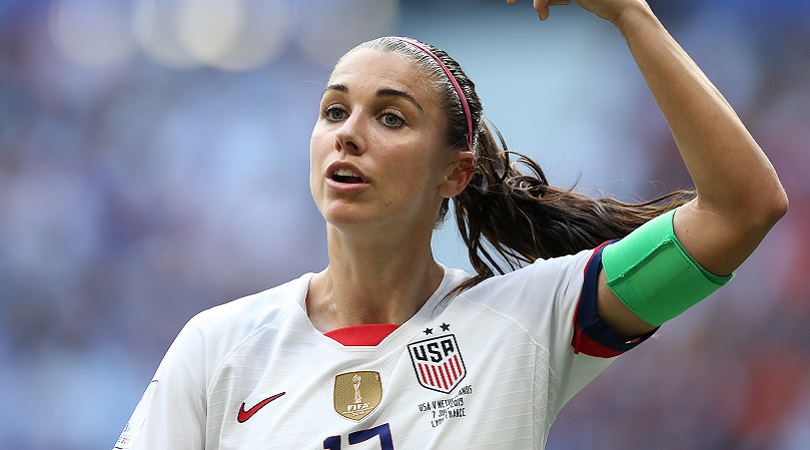
Alex Morgan (United States)
The joint-top scorer at the 2019 World Cup, Morgan found the back of the net six times as the United States won the tournament for the second time on the bounce. She also registered three assists in France, enough for her to win the Silver Ball as the competition's second-best player behind team-mate Megan Rapinoe.
Morgan represents Orlando Pride at club level and previously enjoyed one of the most fruitful loan spells in history, winning Division 1 Féminine, the Coupe de France Féminine and the Women's Champions League during 16 appearances for Lyon in 2016/17.
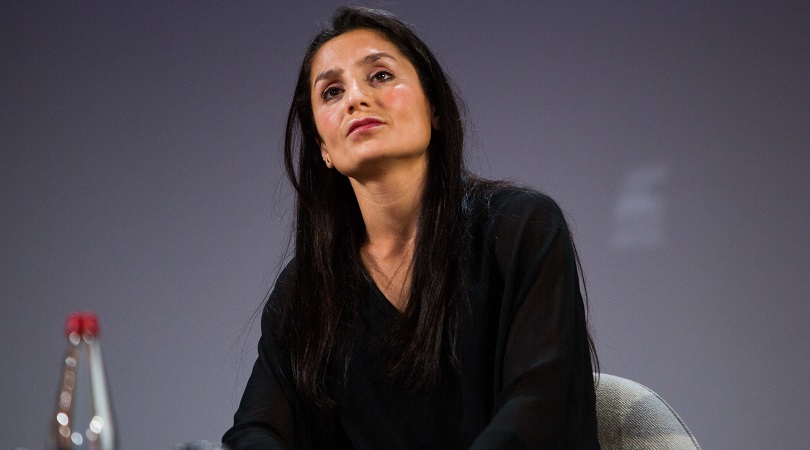
Nadia Nadim (Afghanistan/Denmark)
Born in Afghanistan in 1988, Nadim's father was executed by the Taliban when she was a child, prompting the rest of the family to flee to Denmark. Nadim began playing football soon after arrival,and eventually signed for B52 Aalborg, before also representing IK Skovbakken and Fortuna Hjorring.
She later took her talents across the pond to the United States, then returned to Europe with Manchester City in 2018 and PSG a year later. An energetic forward, Nadim was designated as UNESCO Champion for Girls' and Women's Education last year.
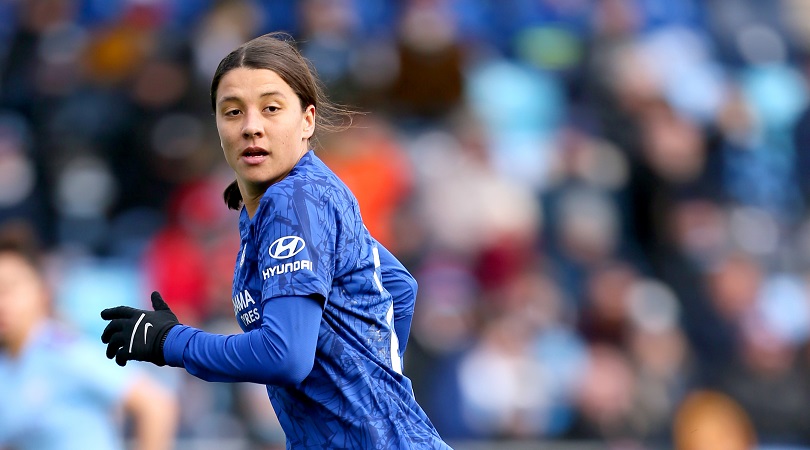
Sam Kerr (Australia)
Kerr became the first Australian footballer - male or female - to score a World Cup hat-trick last summer. In fact, the striker went on better, finding the net four times in a 4-1 thrashing of Jamaica, before the Matildas bowed out in the round of 16.
Kerr, who moved to Chelsea from Chicago Red Stars last year, won the most recent edition of the Offside Rule's ranking of the 100 best female footballers in the world.

Greg Lea is a freelance football journalist who's filled in wherever FourFourTwo needs him since 2014. He became a Crystal Palace fan after watching a 1-0 loss to Port Vale in 1998, and once got on the scoresheet in a primary school game against Wilfried Zaha's Whitehorse Manor (an own goal in an 8-0 defeat).
